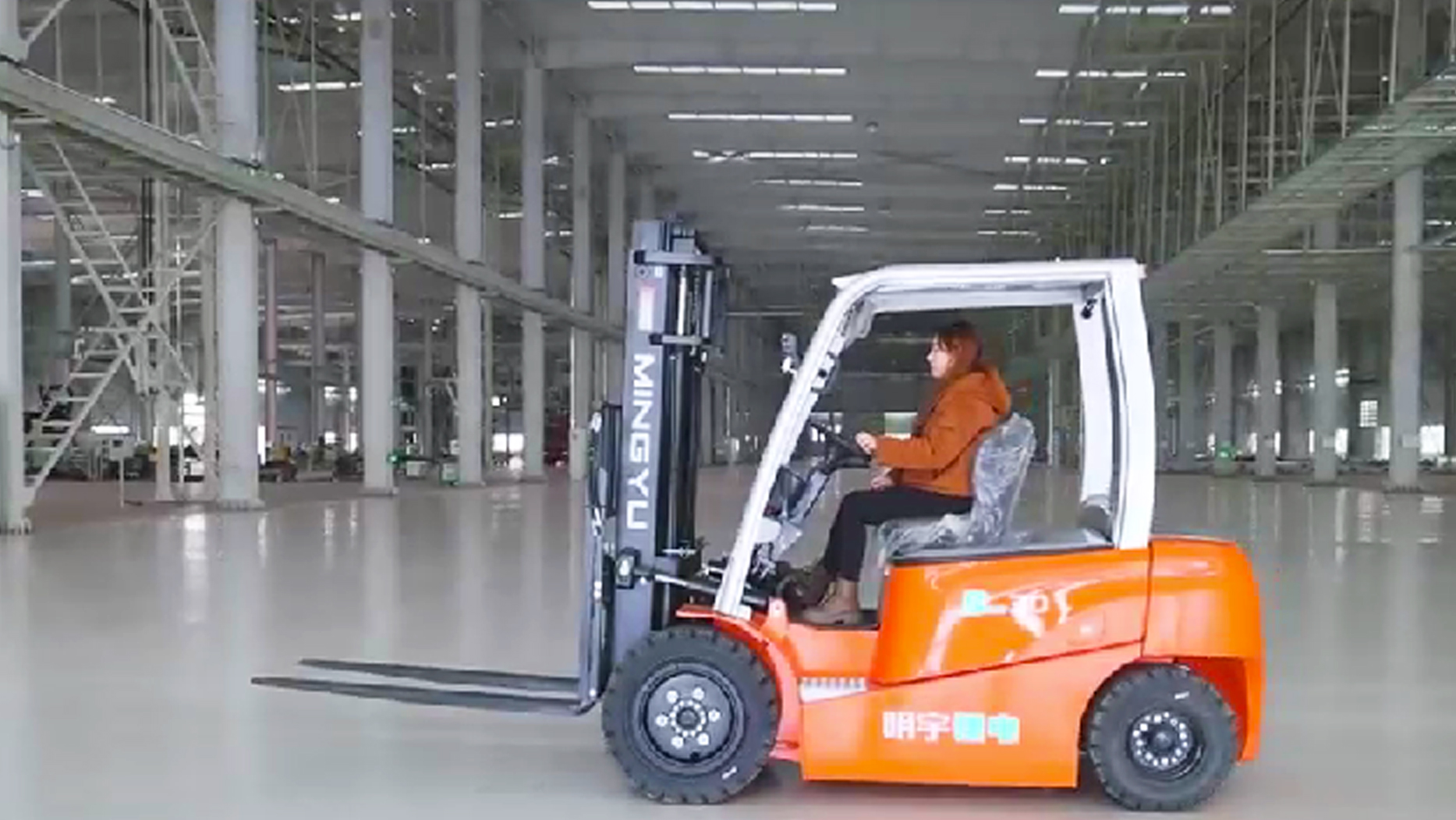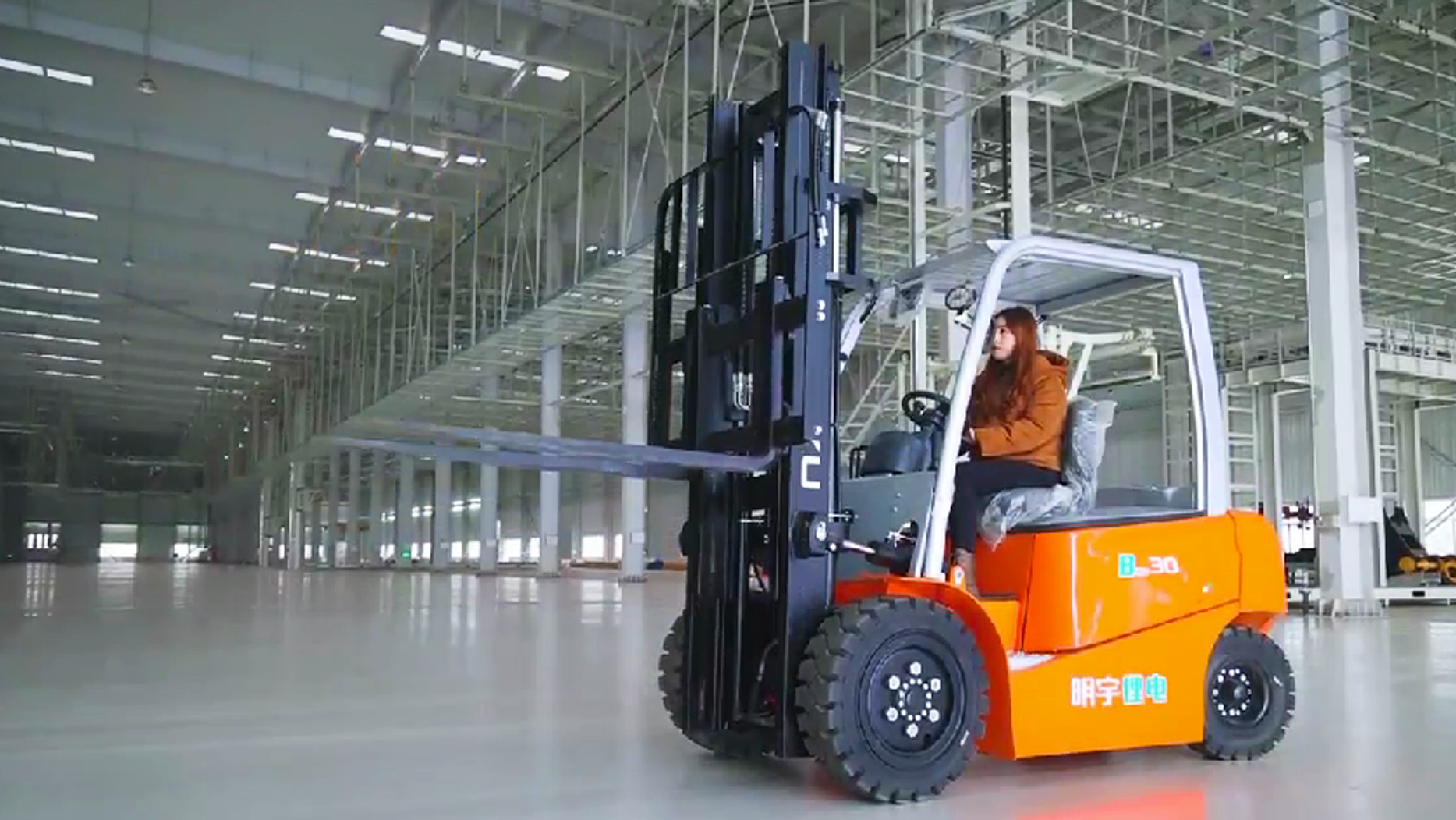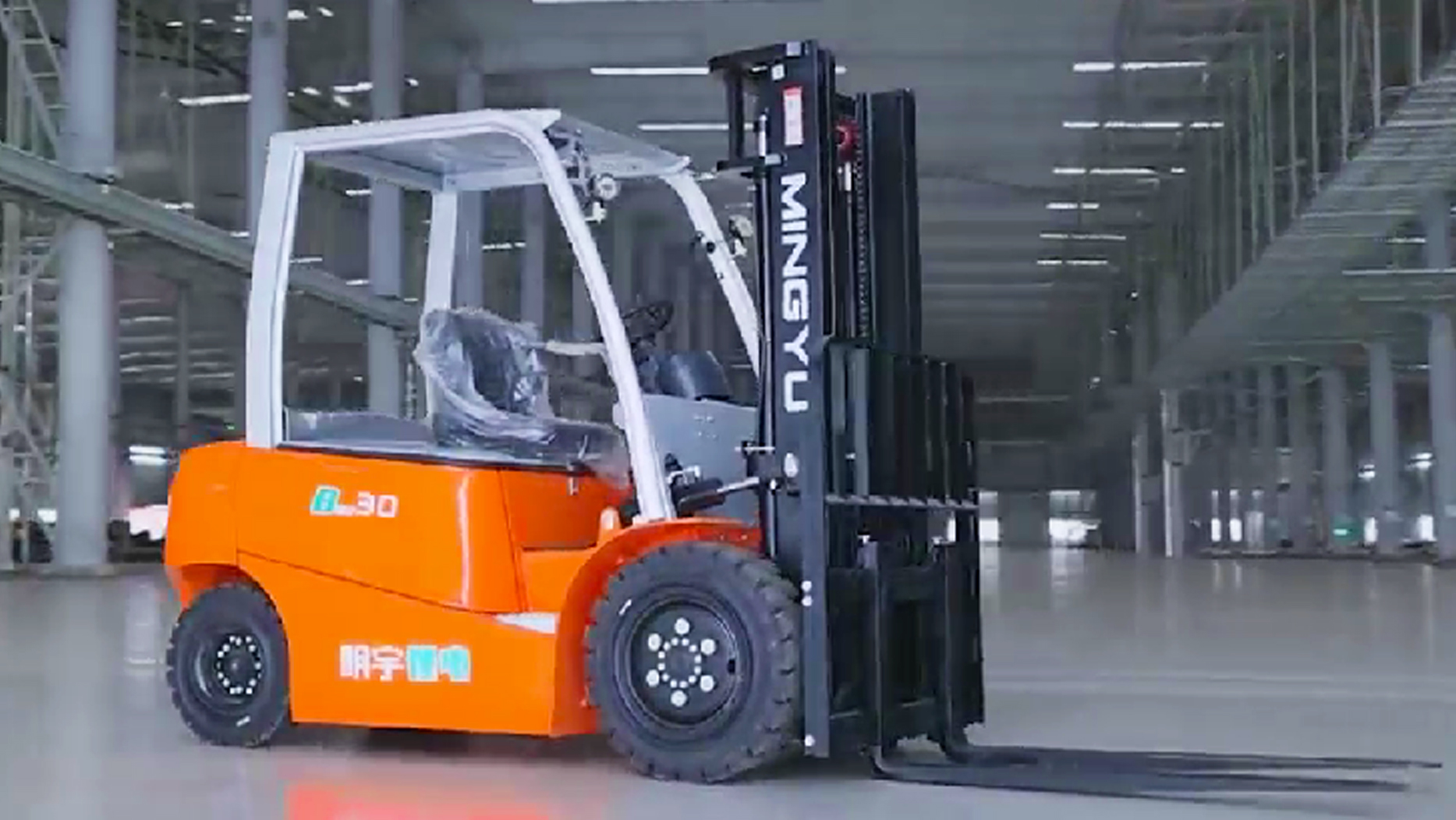I. Introduction
The rhythmic hum of a forklift, the precise ballet of a pallet lifted and placed, the seamless flow of goods through a bustling warehouse—these are the unsung symphonies of modern commerce. Yet, the individual orchestrating this intricate dance is often relegated to a simple, almost dismissive title: forklift operator. But consider this: a single miscalculation, a moment of inattention, and the entire supply chain can grind to a halt, costing businesses thousands, even millions. These professionals are not merely drivers; they are precision engineers of material flow, navigating complex environments with dexterity and expertise. It's time to challenge the conventional perception of this vital role. This article will explore the evolving role of forklift operators, the need for greater recognition, and the potential for more accurate and respectful job titles, ultimately elevating the understanding of their critical contribution to the global economy.
II. The Reality of the Role
The modern forklift operator is far removed from the simplistic image of a driver moving boxes. The role demands a complex blend of skills. Precision maneuvering in tight, often congested spaces requires an almost intuitive understanding of spatial dynamics. Load balancing and weight distribution are not mere guidelines but critical calculations that ensure safety and prevent costly damage. OSHA regulations dictate stringent safety protocols, requiring constant vigilance and adherence to complex procedures. Furthermore, technological proficiency is increasingly essential. Operators utilize scanners, inventory management systems, and even GPS-guided equipment, transforming the cab of a forklift into a mobile data hub.
This expertise is vital across a spectrum of industries. In warehousing and distribution, they are the linchpin of efficient order fulfillment. In manufacturing, they ensure the timely flow of raw materials and finished products. In construction, they handle heavy loads with precision and care. At ports and shipping terminals, they are the unsung heroes of global trade, moving containers and cargo with remarkable speed and accuracy. The myth of a "simple job" is quickly dispelled when one considers the potential for catastrophic errors. A misplaced pallet, a misjudged turn, and the consequences can range from damaged goods to serious injuries. These professionals bear the responsibility for valuable materials and the safety of their colleagues.
While automation is changing the warehousing landscape, the human element remains indispensable. Autonomous forklifts may handle routine tasks, but complex situations, unforeseen obstacles, and the need for on-the-spot problem-solving still require the judgment and skill of a trained operator.
III. The Perception Problem

The historical context of manual labor is deeply ingrained in societal perception. Often, such roles are associated with lower status and limited opportunities. This perception is further compounded by outdated job titles like "forklift operator," which fail to capture the complexity and skill involved. This disconnect between the reality of the job and its perceived value has significant consequences. It can lead to a lack of respect and recognition, hindering recruitment efforts and contributing to employee turnover.
The stigma surrounding skilled trades often discourages young people from pursuing careers in logistics, exacerbating the labor shortage. It's time to dismantle these outdated stereotypes and acknowledge the vital contribution of these professionals to the economy. By elevating the perception of the role, we can attract a new generation of skilled workers and ensure the continued efficiency of our supply chains.
IV. Exploring Alternative Titles
The search for a more fitting title begins with an analysis of existing related terms. "Material handler" is broader but lacks the specificity of forklift operation. "Logistics technician" and "warehouse specialist" offer a more technical connotation, reflecting the increasing technological sophistication of the role. "Logistics engineer" is a strong contender, highlighting the analytical and problem-solving skills required.
However, we can push further. Consider "Precision Logistics Operator," emphasizing the accuracy and skill involved. "Inventory Flow Specialist" captures the role's importance in maintaining efficient inventory management. "Materials Conveyance Engineer" highlights the technical aspects of moving and handling materials. "Automated Material Flow Technician" better reflects the tech heavy nature of the job.
The choice of language is critical. More technical and professional titles not only reflect the complexity of the job but also contribute to a greater sense of pride and professionalism among operators. The benefits of changing titles extend beyond mere semantics. It can lead to increased job satisfaction, improved morale, and enhanced recruitment efforts. When individuals feel valued and respected, they are more likely to excel in their roles.
V. The Future of the Forklift Operator
Technological advancements are rapidly transforming the logistics industry. Autonomous forklifts and warehouse automation systems are becoming increasingly common. However, this does not signify the obsolescence of the human operator. Instead, it necessitates a shift in skills and responsibilities. Operators will need to adapt to new technologies, learn to program and maintain automated equipment, and develop expertise in data analysis and system optimization.
Ongoing training and certification programs will be crucial for ensuring that operators remain competitive in the evolving job market. Career advancement opportunities will also expand, with potential specializations in areas such as robotics, data management, and logistics systems design. Industry organizations play a vital role in promoting professional development, establishing standards, and advocating for the recognition of skilled labor.
The role of the forklift operator is becoming less about purely manual labor and more about technological mastery. They are becoming the key people who keep automated systems running. This transformation presents both challenges and opportunities. By embracing innovation and investing in training, we can ensure that these professionals are equipped to thrive in the future of logistics.
VI. Conclusion
The role of the forklift operator is far more complex and vital than its traditional title suggests. These professionals are precision engineers of material flow, navigating complex environments with skill and expertise. They are the backbone of modern supply chains, ensuring the efficient movement of goods across industries. It is time to recognize their contributions and elevate their perception through more accurate and respectful job titles.
Industry leaders, employers, and society as a whole must embrace this shift. By acknowledging the evolving nature of this role and investing in the professional development of these skilled workers, we can ensure the continued efficiency and success of our global economy. The future of logistics depends on the ability to recognize and value the individuals who keep the wheels of commerce turning.
Post time:Apr.03.2025


